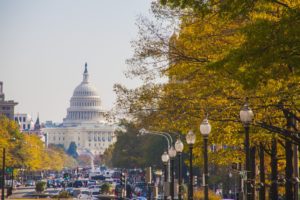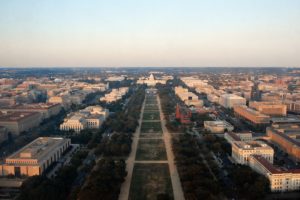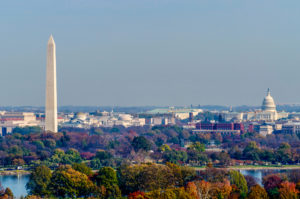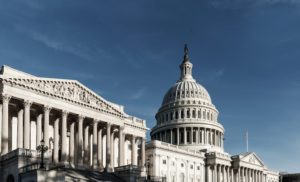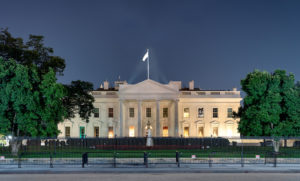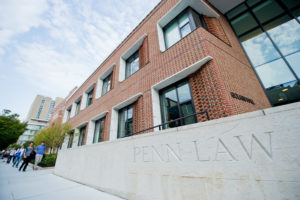Reboot Washington to Restore Honor to Public Service
Human agency is at the center of the solution to fix the government and the civil service.
Silver Linings Action Plan
To solve the “quiet crisis” in the civil service, the federal government must improve workforce recruitment.
Let Light Shine on Government’s True Size
The challenges facing today’s federal blended workforce calls for a reprise of the Volcker Commission.
Silver Linings Shutdown
Distinguished lecture at Penn Law offers hope that the long shutdown of the federal government in early 2019 will lead to positive reforms.
Can the President Modify a Monument?
Scholar argues that only Congress has the power to modify a National Monument.
The Value of the CRA for Agency Guidance
The Congressional Review Act restores notions of separation of powers and empowers private parties affected by regulation.
Does Presidential Ideology Influence OIRA Review?
Scholars report that White House review exerts a deregulatory influence on agency rulemaking.
Using Machine Learning to Improve the U.S. Government
Governmental use of artificial intelligence can fit well within existing administrative law constraints.
Administrative Law Essay Competition Winners
Two essays by student winners of a Penn Law essay competition describe important regulatory developments.
Cost-Benefit Analysis According to the Trump Administration
Scholar argues that the Trump Administration has discredited cost-benefit analysis.

